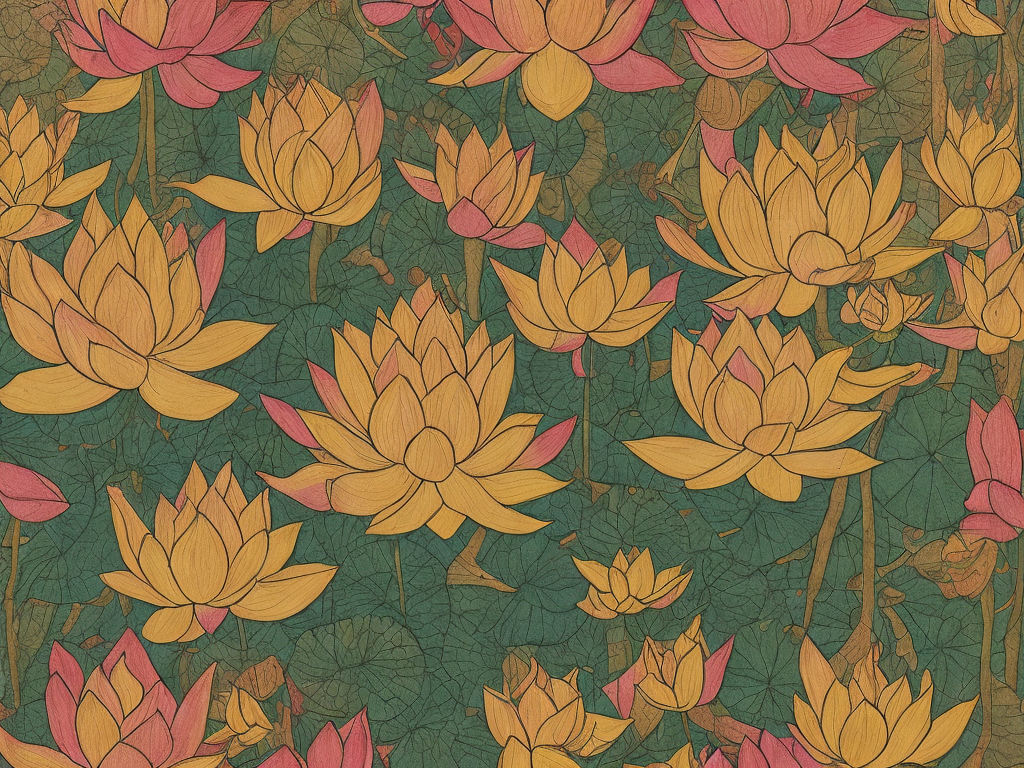
In Hindu culture, there are many festivals and celebrations that are celebrated throughout the year. Two such celebrations are Jayanti and Janmotsav, which are often confused with each other. However, both these celebrations have different meanings and significance. In this article, we will discuss the difference between Jayanti and Janmotsav.
Jayanti
Jayanti is a Hindi word, which means "victory." The term Jayanti is used to celebrate the birthdays of great personalities, gods, and goddesses. In Hinduism, there are many gods and goddesses, and all of them have a special day dedicated to their birth. Many great spiritual leaders and freedom fighters also have their Jayantis celebrated by their followers.
Jayanti is celebrated by offering prayers, sweets, and food to the deity or the respected personality. People also sing religious songs and read scriptures related to the person being honored. People also take out processions and attend seminars and workshops to educate themselves about the life and teachings of the celebrated personality.
For example, the Jayanti of Lord Krishna is celebrated on Janmashtami, and it is considered one of the most important Hindu festivals. Similarly, the birthday of Mahatma Gandhi, the father of the nation, is celebrated as Gandhi Jayanti on 2nd October. It is a national holiday in India, and people pay tribute to the great soul by offering flowers and visiting his memorial.
Janmotsav
Janmotsav is also a Hindi word, meaning "birth celebration." Janmotsav is a festival that is celebrated to honor a certain deity's birth. In Hinduism, there are many gods and goddesses, and all of them have their own Janmotsav. It is a significant event in the Hindu calendar, and followers of the respective deity celebrate it with great fervor.
Janmotsav is usually celebrated in the temples of the respective deity. People offer prayers, flowers, and sweets to the deity. They dress up in their best clothes and take part in the temple rituals. The temples are decorated with flowers, and the atmosphere is filled with devotion and happiness.
For example, the Janmotsav of Lord Rama is celebrated on the occasion of Ram Navami. It falls on the ninth day of the Hindu calendar's Chaitra month. People celebrate the birth of Lord Rama by chanting mantras, offering prayers, and reading the Ramayana, a Hindu epic describing Lord Rama's life.
Difference between Jayanti and Janmotsav
The main difference between Jayanti and Janmotsav is that, while Jayanti celebrates the birthday of a personality, Janmotsav celebrates the birth of a deity. Another difference is that Jayanti is celebrated to honor people who have contributed to society, while Janmotsav is celebrated to honor gods and goddesses, who are considered to be divine entities.
Jayanti is usually celebrated to honor the life and teachings of great spiritual leaders or freedom fighters like Gandhi or Bhagat Singh. It is a way to remember and pay tribute to their contributions to society. Janmotsav, on the other hand, is celebrated to honor the birth of Gods like Lord Rama, Lord Krishna, and Goddess Durga.
The way people celebrate Jayanti and Janmotsav is also different. Jayanti is celebrated by reading scriptures and attending seminars and workshops, while Janmotsav is celebrated by offering prayers, singing bhajans, and participating in temple rituals.
Conclusion
In conclusion, Jayanti and Janmotsav are two different celebrations in Hindu culture. They have different meanings and significance. Jayanti is celebrated to honor the life and teachings of great personalities, while Janmotsav is celebrated to honor the birth of Gods and Goddesses. They are both important festivals in the Hindu calendar and are celebrated with great fervor and devotion.
 Self-Instruct
Self-Instruct